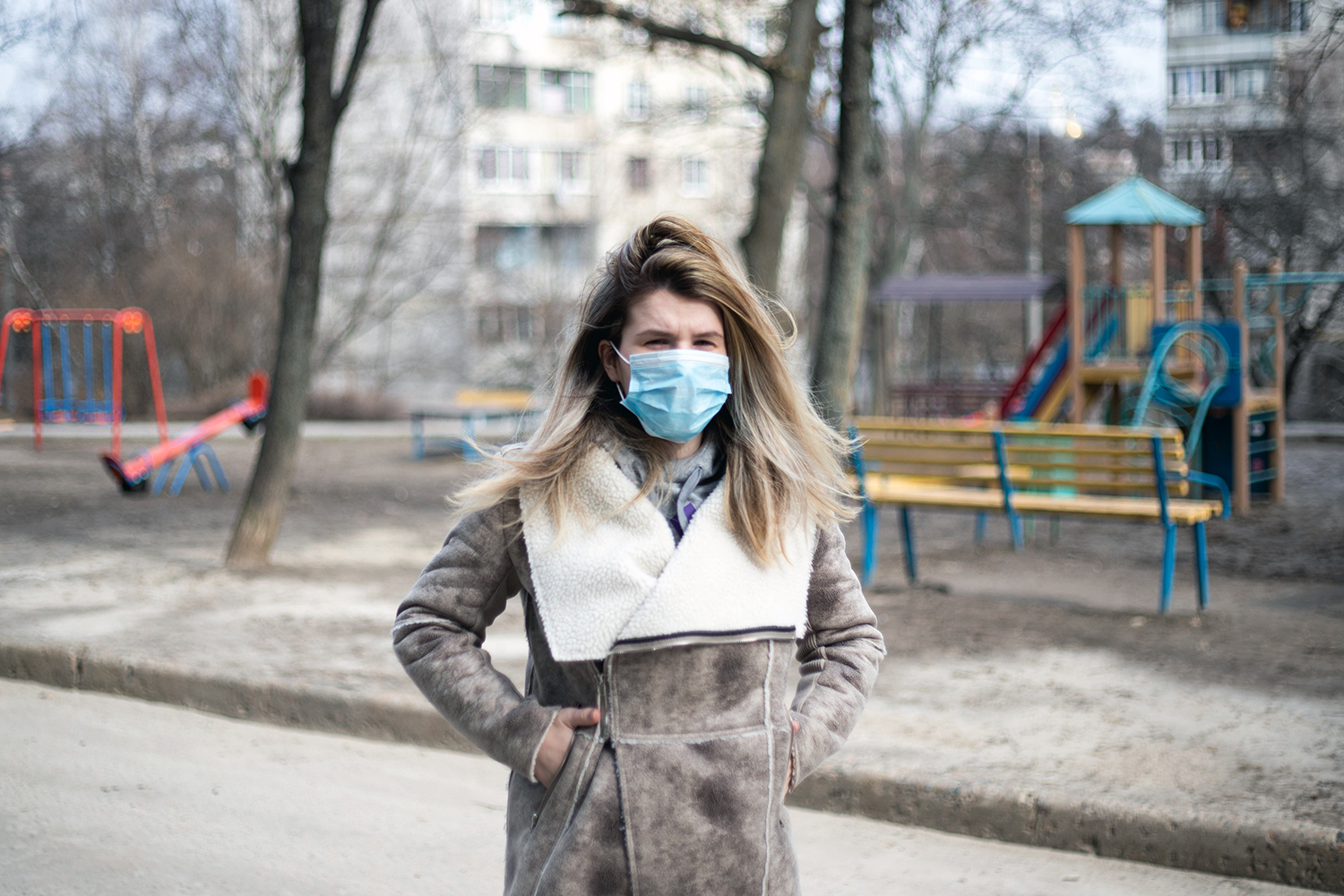I don’t consider myself a Buddhist, but I recite what are called the “three refuges” after meditating each morning. I even have them tattooed on my arm along with a fourth.
Buddha, dharma, sangha, justice.
Whispering these words reminds me of what really matters, regardless of what’s happening in my life, even a global pandemic that’s bringing the economy to its knees.
In fact, they’re helping me stay grounded more than ever—because it’s so easy right now to get caught up in every breaking news story, tweet, and ominous text from a friend about flu-like symptoms.
Here’s what they mean:
Buddha is a Sanskrit word that refers to every human’s ability to see reality absolutely clearly, just as it is.
Tragically, we rarely see things just as they are. We get caught up in stories about how they should or shouldn’t be. We get lost in worrying, planning, daydreaming, and remembering. We get triggered into overwhelming emotions that color our thinking.
Every time I do a silent meditation retreat, I’m reminded of my tendency to forget my “Buddha nature,” as it’s called. I see how I judge people without even talking to them. I judge their choice in shoes or how they enter into a room.
One time, for an entire week I hated a young, bearded man who was wearing a “Don’t Tread on Me” T-shirt. I thought, Who the hell does this libertarian bro think he is? But when we talked after the retreat ended, his voice sounded completely different than I’d imagined. He seemed like a pleasant person, despite his unfortunate political views.
Buddha also refers to our innate ability to be compassionate. Buddhist teacher Pema Chödrön reminds us that even the most vicious animals love their offspring. Tibetan Buddhist master Chögyam Trungpa Rinpoche once said, “Everybody loves something, even if it’s only tortillas.”
Right now, despite the craziness, we all have access to a more sane and caring way of being. People are picking up groceries for the elderly, fostering shelter animals, texting friends who might be lonely. It’s OK if you can’t be compassionate right now. But just know that one of these days you might.
Dharma refers to the way things actually are. So, Buddha is our ability to see reality clearly—Dharma is reality itself.
Reality is out of whack right now. It seems upside down and unnecessarily cruel. But it’s what we have to work with — it’s reality.
When I say Dharma each morning, I remember that reality is always changing, bringing good things and challenging things. Reality “adds wood to the fire,” so to speak. It’s what helps me grow as a human, to learn new things and develop new skills.
Dharma is the truth. And who doesn’t really want the truth, even if it’s hard to stomach? Who doesn’t really want to cut the bullshit and get to the heart of the matter?
“A pebble, a bamboo tree, the cry of a baby, anything can be the voice of the Dharma calling,” writes Vietnamese monk Thich Nhat Hanh. “We should be able to practice like that.”
Sangha is community, particularly those who you’d consider “my people.” These are your friends who share a similar aspiration to wake up, to feel alive, to connect.
And God knows we need community right now. We’re seeing a natural inclination towards Sangha in all the online hangouts, meetings, and watch parties. Despite what cutthroat capitalists say about human nature, we need each other.
Thich Nhat Hanh goes as far as saying, “The next Buddha will be a Sangha.” Meaning, we can’t see reality clearly without close friends, allies, therapists, and others to help us.
Lean on your community right now. Don’t hold back.
Justice, to me, refers to the need for balance. I throw it on the end because I think the other three alone are insufficient.
There’s a need for justice in every situation, all of the time, because there’s so much injustice in our society. We’re watching it play out in Congress right now. The Republicans want to bail out the airlines, hotels, and other big corporations. The Democrats—in a pleasant surprise—want to help everyday people too, those who need it the most.
If we repeat 2008–9, when millions of people lost their homes and the Wall Street bankers who crashed the economy walked away scot-free, justice will not have been served.
We need justice to make sure everyone has their basic needs taken care of. If people’s material needs aren’t met, all the Buddha, Dharma, and Sangha in the world won’t make a difference.
Want to start meditating or meditate more often?
My ebook, How to Get Out of Your Head, will help you start or stick with a regular meditation practice. Get it for free here.
Listen to my podcast
On Meditation for the 99%, I take meditation out of faraway monasteries, expensive retreat centers, and Corporate America, and bring it to work, relationships, and, especially, politics. Listen everywhere podcasts are available.
